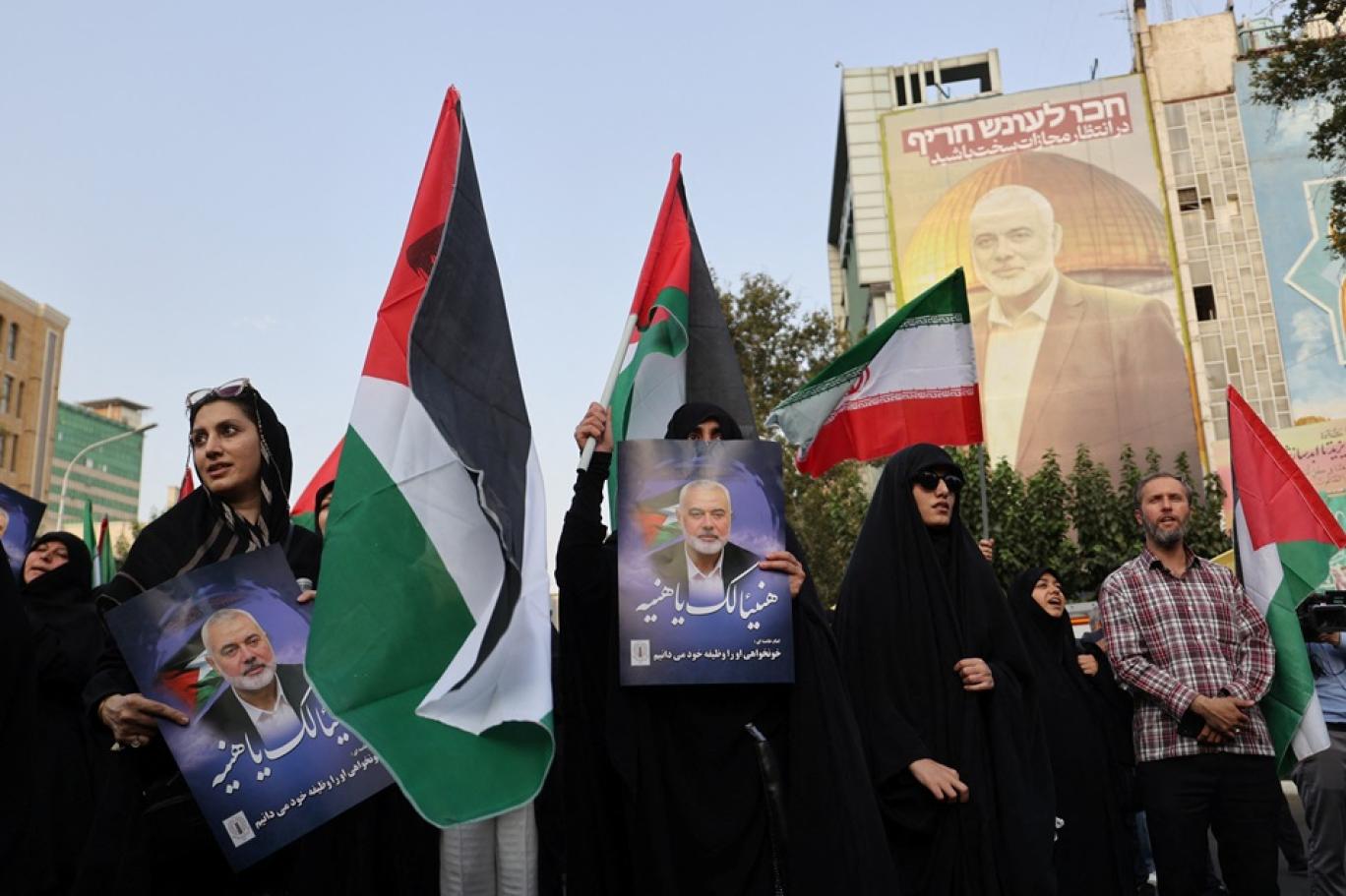Dr. Ahmed Metwally Abdalla
Researcher in Middle Eastern Studies and Ottoman Manuscripts
The world’s attention swiftly shifted from the inauguration of Iran’s new president, Masoud Bazshikan, to an event with potentially far greater significance: the assassination of Ismail Haniyeh, the head of the political bureau of the Palestinian Hamas movement, in his residence in Tehran. Iran, a key supporter of Hamas, has long provided political, financial, and military backing to the movement. The country has prided itself on its ability to secure its territory, which led Haniyeh to believe he was safe from any threats. However, this sense of security was shattered when Haniyeh and his personal guard were killed, exposing a significant breach in Iran’s internal security.
This incident places Iran in an embarrassing position on the global stage, highlighting the vulnerabilities within a nation that claims to be capable of ensuring the safety of all who reside within its borders. The situation has prompted both Iran and Hezbollah to plan for retaliation, potentially setting off a chain of events that could drastically impact regional and internal dynamics.

